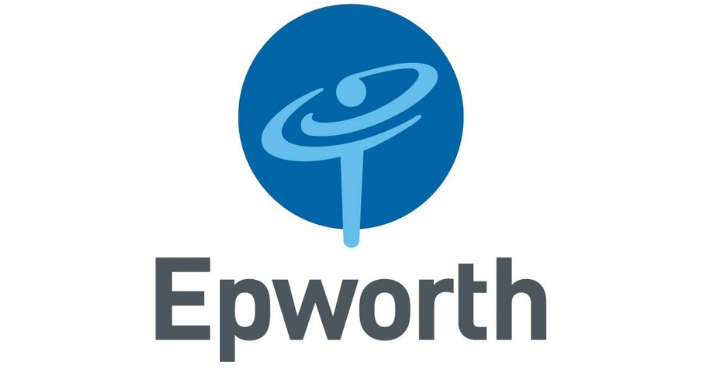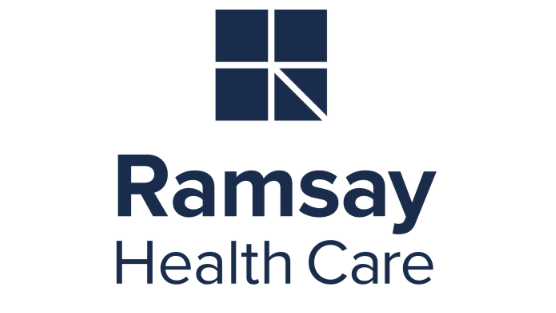Post Op Questions About HoLEP
Here are some frequently asked questions (FAQs) along with answers to help patients better understand what to expect after HoLEP surgery:
1. What can I expect immediately after the surgery?
After the surgery, you will be taken to a recovery area, where medical staff will monitor your vital signs. You may experience discomfort, but pain medication will be provided as needed.
2. How long will I need to stay in the hospital?
Most patients are discharged from the hospital within 1-2 days after HoLEP surgery. However, this may vary depending on individual circumstances.
3. What should I expect during the recovery period?
During recovery, you may experience some urinary symptoms such as frequency, urgency, and burning with urination. These symptoms are usually temporary and improve over time as the body heals.
4. When can I resume normal activities?
Most patients can resume normal activities, including work and light exercise, within a few days to a week after HoLEP surgery. However, heavy lifting and strenuous activity should be avoided for at least a few weeks to allow the body to heal properly.
5. Will I need to follow a special diet after surgery?
There are no specific dietary restrictions after HoLEP surgery. However, it's important to stay hydrated and avoid foods and drinks that may irritate the bladder, such as caffeine and alcohol.
6. When can I expect to see improvement in my symptoms?
Many patients experience improvement in their urinary symptoms soon after HoLEP surgery. However, it may take several weeks for the full benefits of the procedure to be realised.
7. Are there any potential complications or risks associated with HoLEP surgery?
While HoLEP surgery is generally safe, like any surgical procedure, there are potential risks and complications, including bleeding, infection, urinary incontinence, and erectile dysfunction. Your surgeon will discuss these risks with you before the surgery.
8. How often will I need to follow up with my doctor after surgery?
Your doctor will schedule follow-up appointments to monitor your progress and address any concerns you may have. These appointments may occur regularly over the first few months after surgery.
9. Will I need to take any medications after surgery?
Your doctor may prescribe medications, such as antibiotics or pain relievers, to help you recover. Additionally, if you were taking medications for BPH before surgery, your doctor may adjust or discontinue them based on your post-operative symptoms.
10. How long will it take for me to recover from HoLEP surgery fully?
The time it takes to recover fully from HoLEP surgery can vary from patient to patient. However, most patients experience significant improvement in their symptoms within a few weeks to three months after surgery.
11. Are there any long-term effects of HoLEP surgery?
HoLEP surgery is a highly effective treatment for BPH, and many patients experience long-term relief of their symptoms. However, it's important to continue regular follow-ups with your doctor to monitor your prostate health and address any new or recurring symptoms.
12. Can I still develop prostate cancer after HoLEP surgery?
While HoLEP surgery removes excess prostate tissue, it does not eliminate the risk of developing prostate cancer in the remaining tissue. It's important to continue routine prostate cancer screening as recommended by your doctor.
13. How can I manage any discomfort or urinary symptoms during the recovery period?
To manage discomfort or urinary symptoms during recovery, your doctor may recommend taking pain medication as prescribed, drinking plenty of water, avoiding caffeine and alcohol, and practising pelvic floor exercises.
14. What if cancer is found in the resected tissue?
If cancer is found in the resected tissue, it means that prostate cancer is present in the prostate gland. In such cases, your doctor will discuss the findings with you and recommend further treatment options, which may include additional testing, surgery, radiation therapy, or other forms of treatment depending on the stage and aggressiveness of the cancer.
15. When should I be concerned that my recovery is not as expected?
- While every patient's recovery experience may vary, some signs may indicate that your recovery is not progressing as expected. These signs include:
- Excessive pain that is not relieved by medication
- Persistent fever or chills
- Increasing difficulty urinating or inability to urinate
- Worsening urinary symptoms, such as heavy blood in the urine or inability to control urine flow
- If you experience any of these symptoms or have concerns about your recovery, it's important to contact your doctor for further evaluation and guidance.
16. Does the prostate tissue grow back?
- In most cases, the prostate tissue removed during HoLEP surgery grows back very slowly. Re-operation rates are very low for the first 15 years after HoLEP surgery. Tissue that grows back may not cause an obstruction in the future, but this is variable.
- If symptoms return or worsen in the future, your doctor may recommend further treatment options to address the new growth of prostate tissue.







